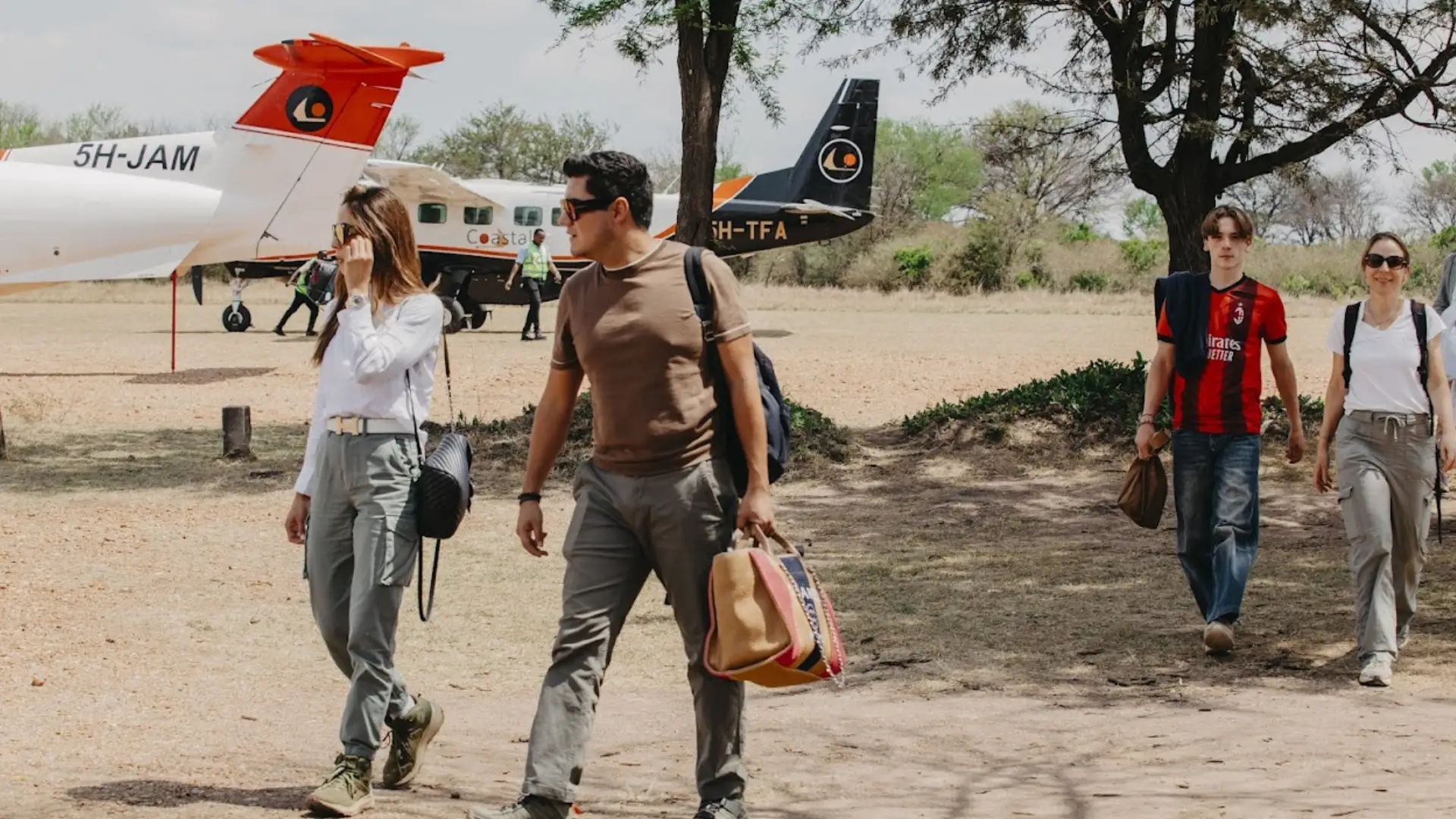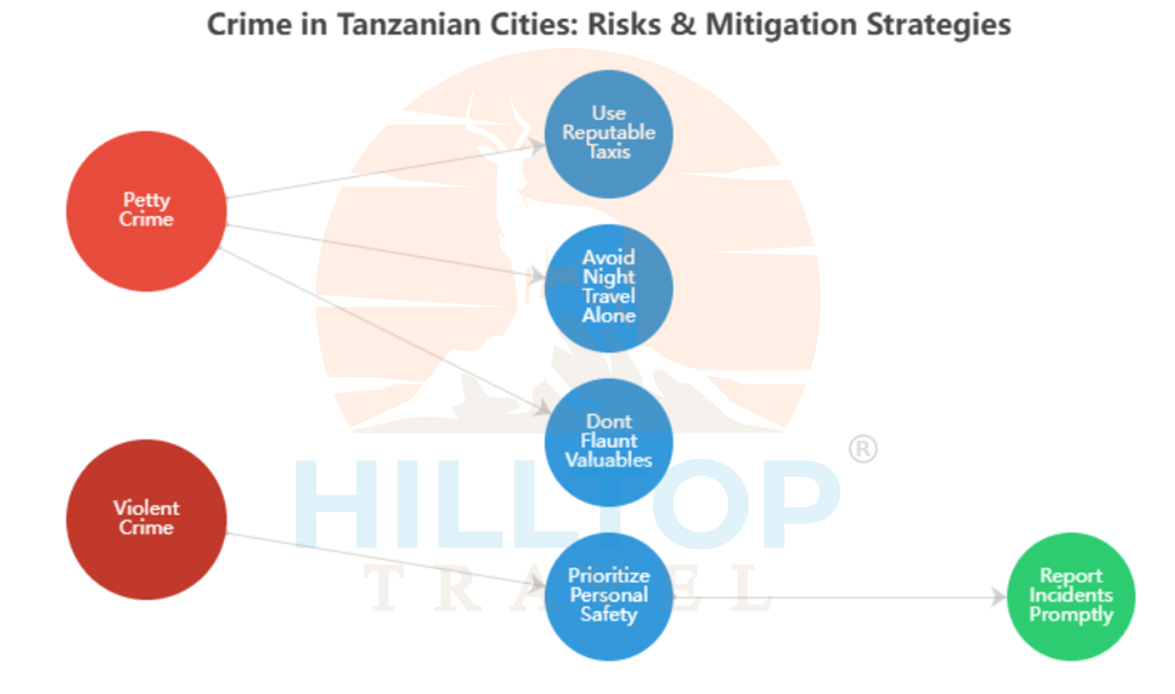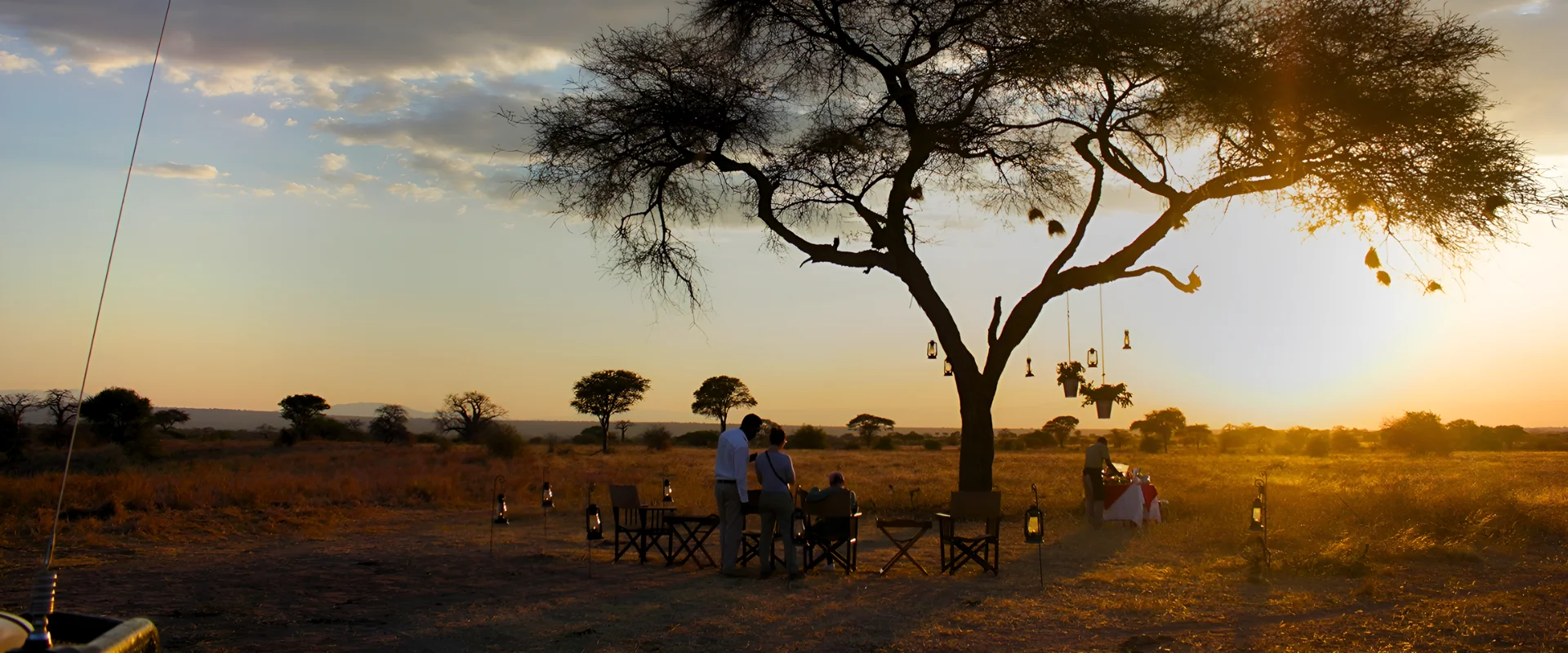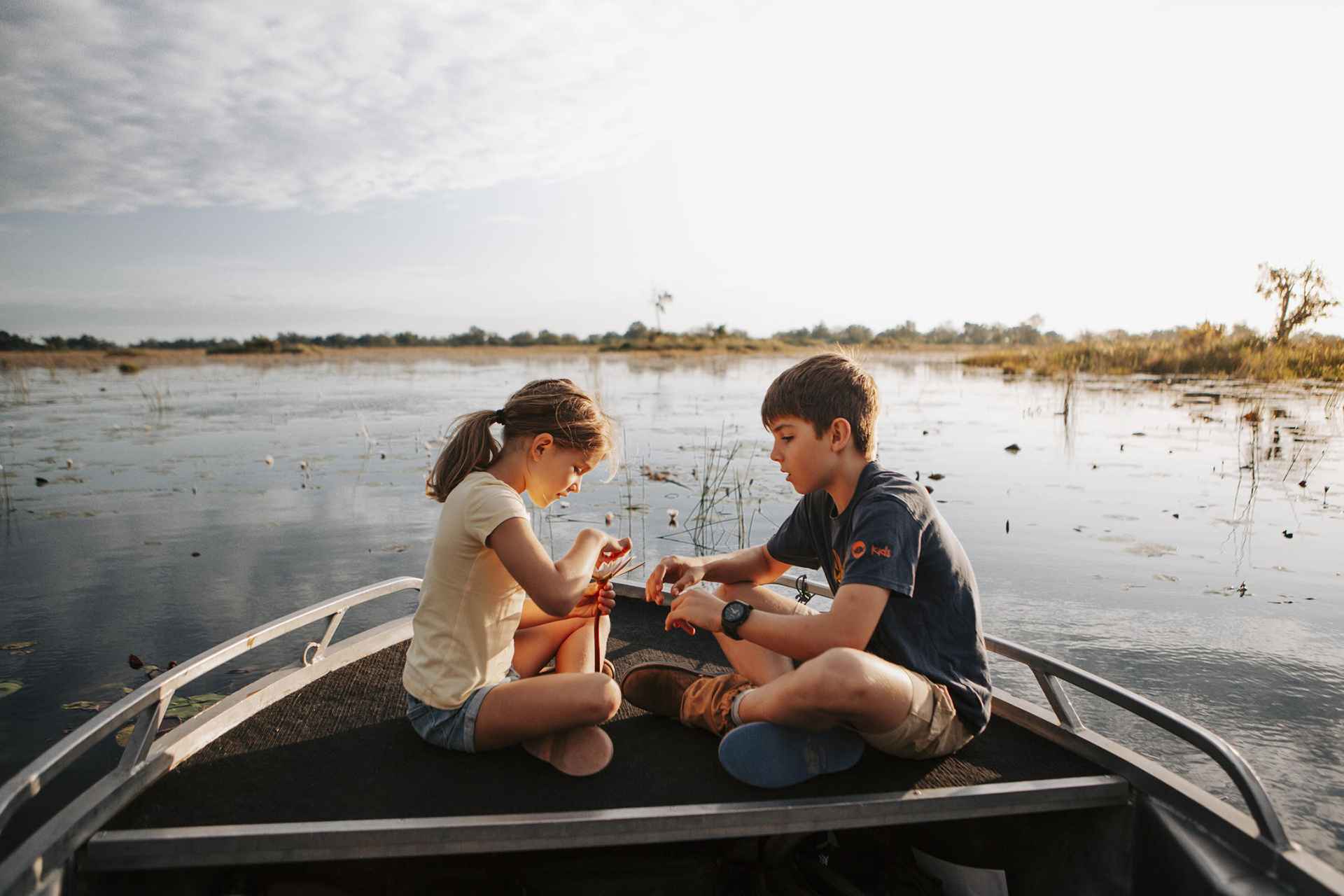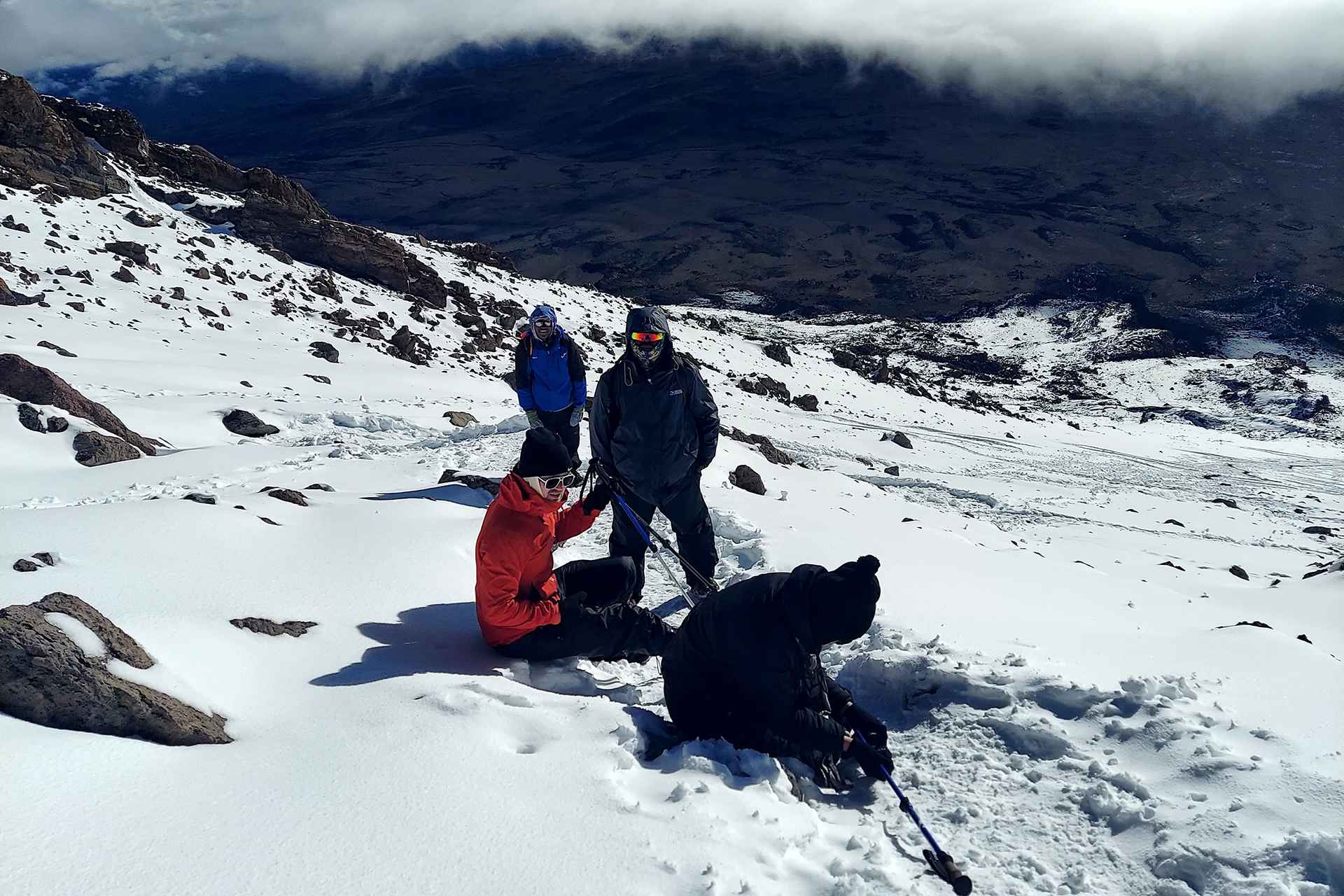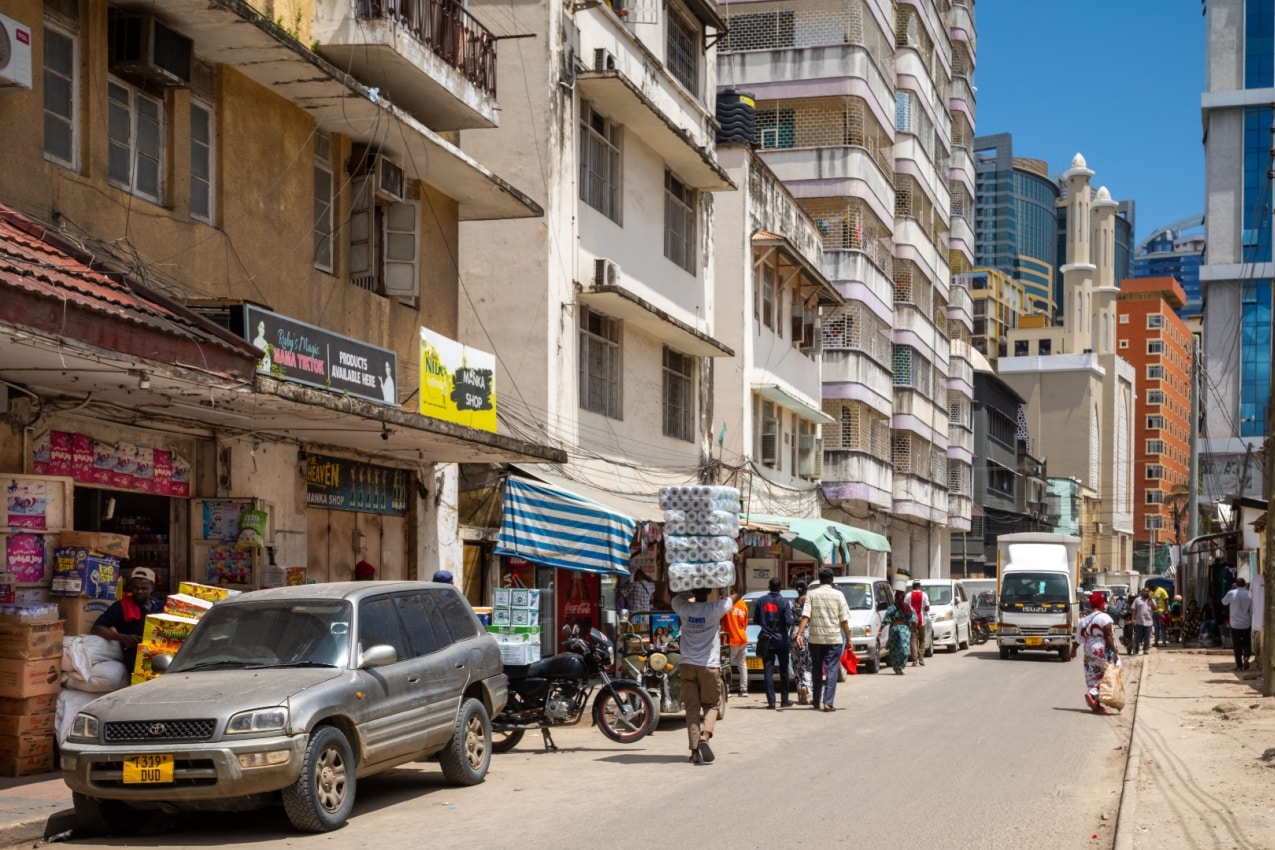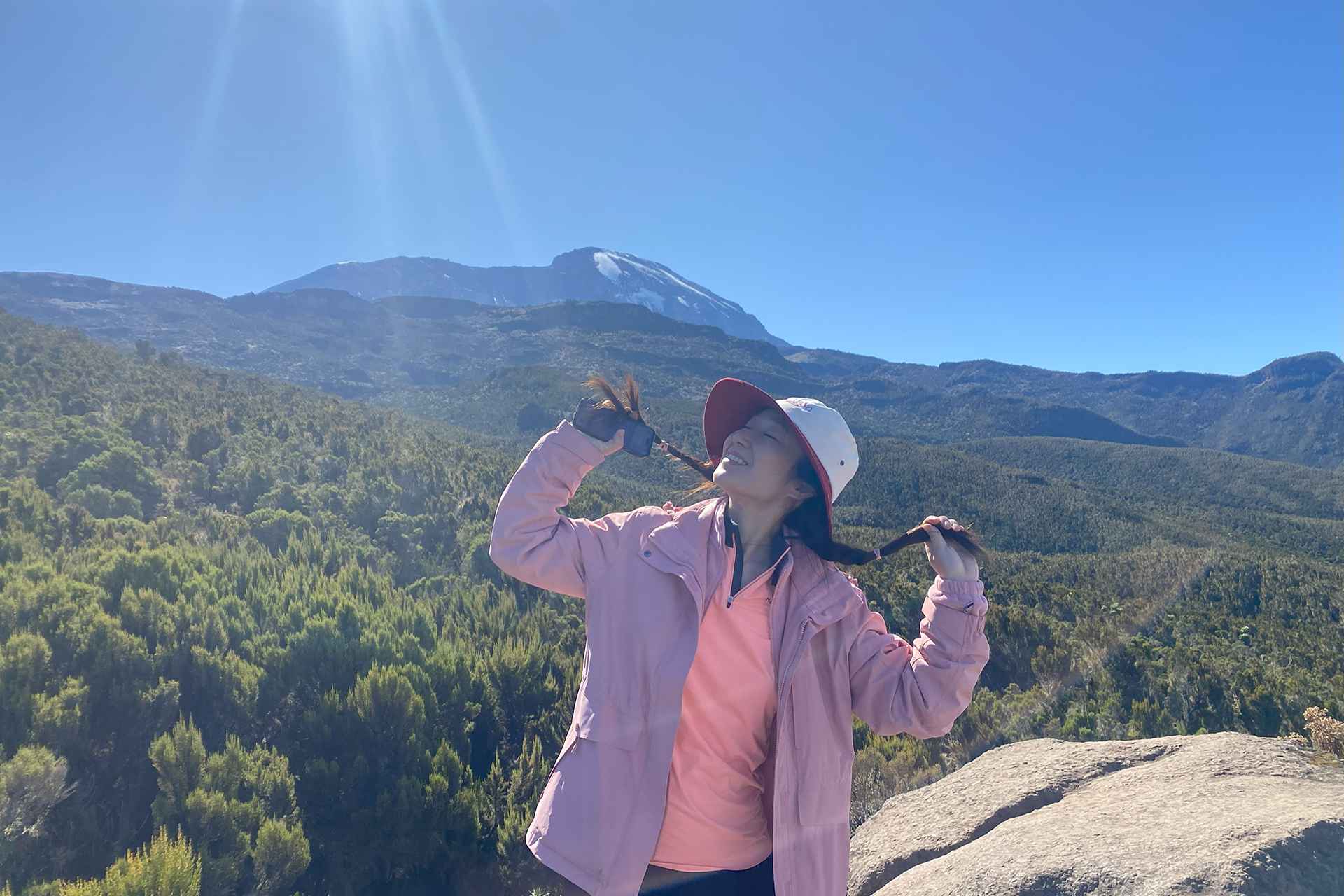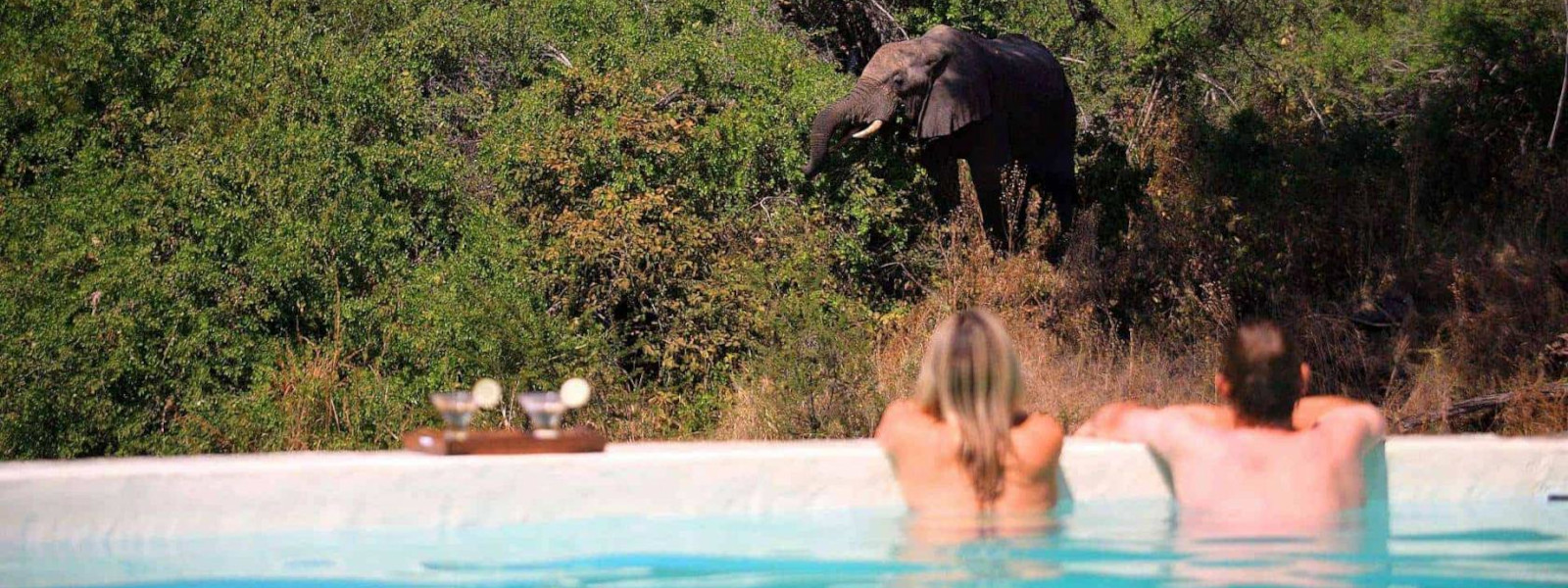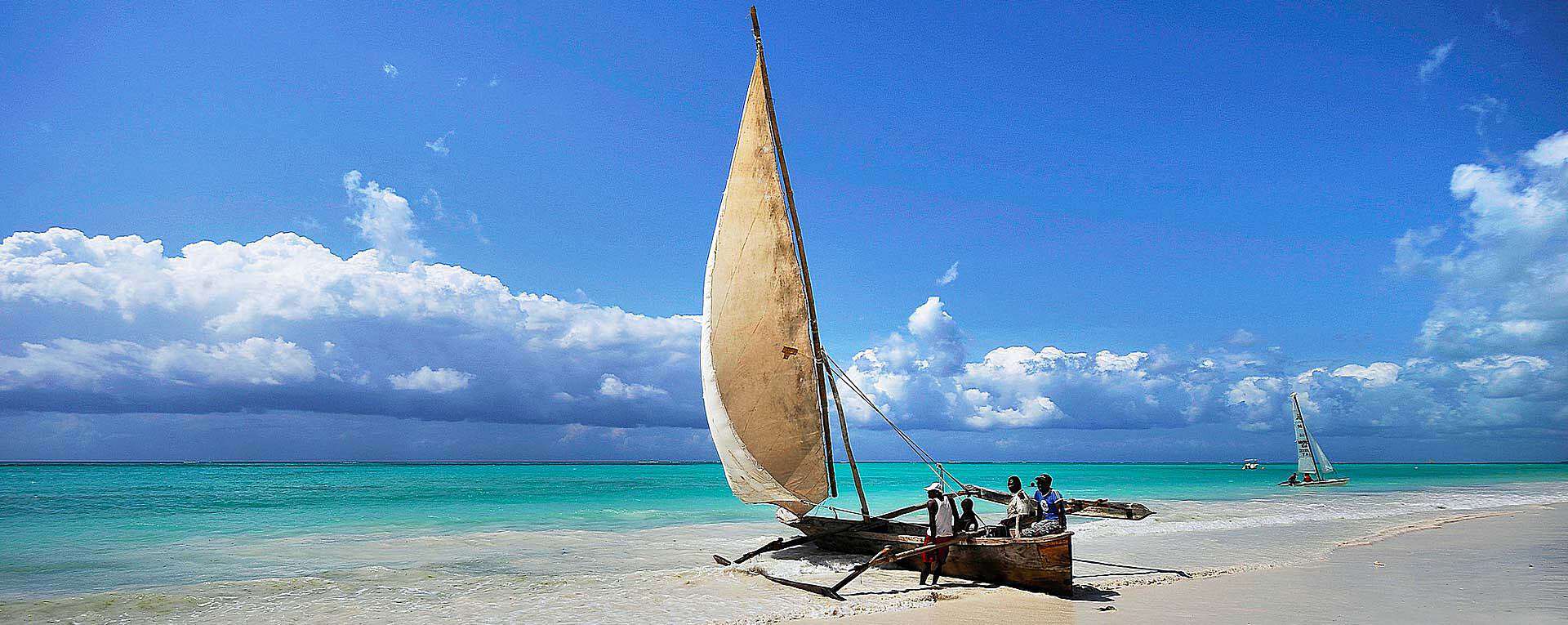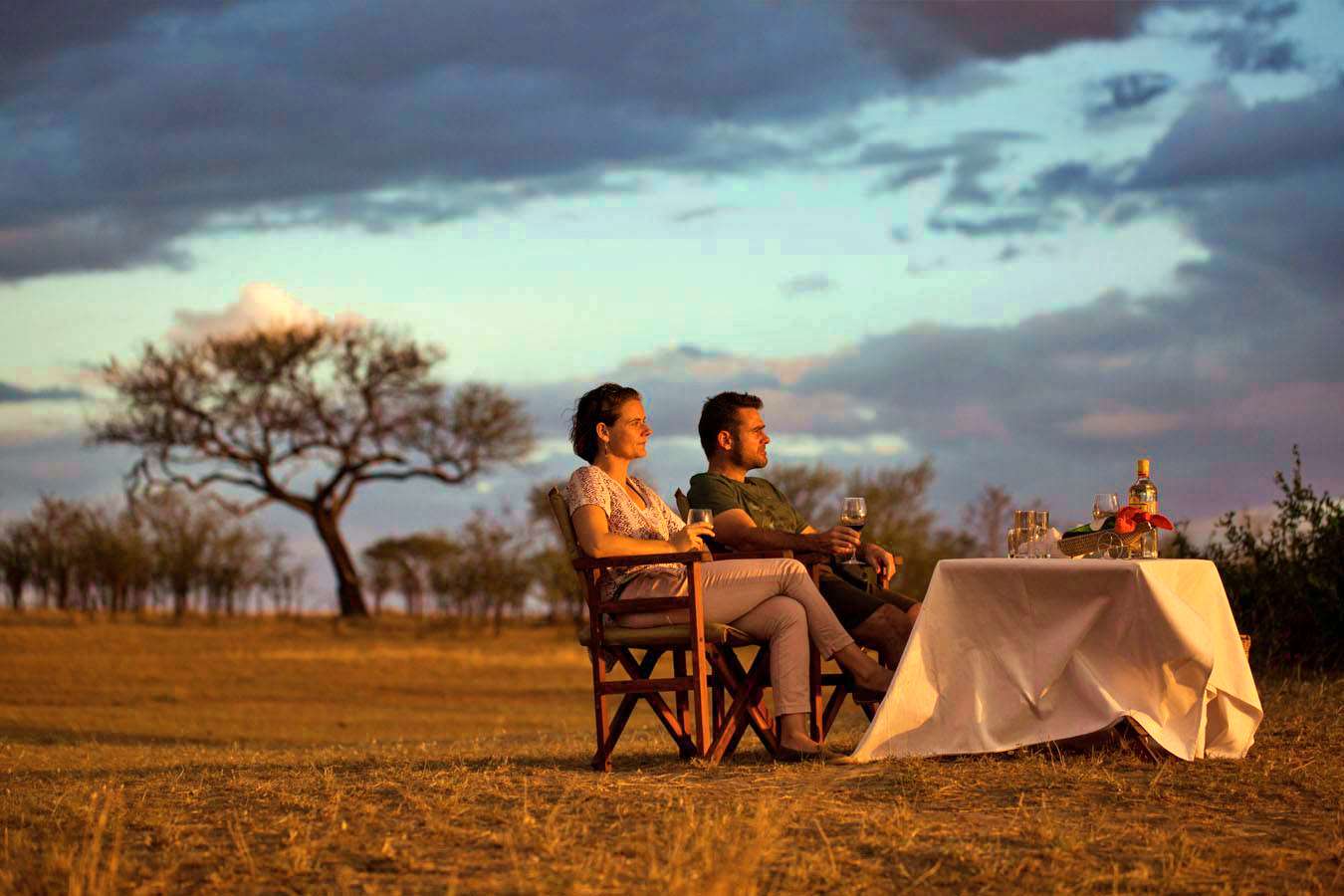Is Tanzania a Safe Place of Travel?
Safety in Tanzania: Essential Tips for a Secure and Enjoyable Visit
Tanzania is a top destination for adventurers and nature lovers, renowned for its safaris, Mount Kilimanjaro, and Zanzibar’s beaches. While the country offers unforgettable experiences, it’s important to be aware of safety considerations. This guide provides an in-depth look at Tanzania’s safety landscape – covering crime, political stability, health, and practical advice – to help you travel smart and stay safe. Remember, the goal is to keep you informed (not alarmed) so you can enjoy a secure and memorable trip to Tanzania.
Crime in Tanzanian Cities: Petty Crime and How to Stay Safe
Like many popular tourist destinations, Tanzania’s cities experience petty crime such as pickpocketing and “snatch-and-grab” thefts. Visitors should remain alert, especially in crowded markets, bus terminals, or tourist hubs. Violent crime against tourists is less common, but muggings can occur, particularly at night in isolated areas. By taking basic precautions, you can significantly reduce your risk of becoming a victim. Below is a breakdown of common risks and the recommended precautions to mitigate them.
- Avoid Unlicensed Taxis & Night Travel: Use registered taxis or ride-hailing apps for transportation. Avoid walking alone at night; stick to well-lit, busy areas or travel with a group. If you must go out after dark, arrange reliable transportation and let someone know where you’re going.
- Don’t Flaunt Valuables: Leave expensive jewelry, watches, and large amounts of cash in your hotel safe. Carry only what you need for the day, and keep it in a secure pouch or cross-body bag. Wearing flashy items can attract unwanted attention from thieves.
- Protect Your Belongings: Be mindful of your personal items in crowded places. Keep your bag closed and in front of you (or zipped shut if slung over your shoulder). In markets or on buses, be wary of anyone crowding too close – pickpockets often work in groups to distract you. Consider using a money belt or hidden pouch for passports, credit cards, and extra cash.
- Stay Vigilant in Tourist Areas: Tourist spots like Stone Town in Zanzibar or Dar es Salaam’s Kariakoo market can be bustling with both friendly locals and opportunistic criminals. Stay alert to your surroundings. Avoid distractions like excessive phone use while walking, as it makes you an easy target.
- Use Reputable Tour Operators: If you’re on organized tours or excursions, stick to well-known, licensed companies. They are more likely to provide safe vehicles and trained guides. A reputable operator will also brief you on safety in each location and advise on any areas to avoid.
- Know How to React if Confronted: In the unlikely event of a robbery or mugging, do not resist – your safety is more important than your belongings. Hand over valuables calmly. Fighting back could escalate the situation. Afterward, report the incident to your hotel or tour operator and the local police as soon as possible.
By being street-smart and cautious, you can enjoy Tanzania’s cities with peace of mind. Petty crime exists, but it’s preventable. Most Tanzanians are warm and welcoming; don’t let fear ruin your experience, but do stay informed and take sensible precautions.
Terrorism Risk in Tanzania: What Travelers Should Know
Being aware of the potential risks linked to terrorism, particularly in specific areas near the borders, is of utmost importance. The southern border shared with Mozambique, specifically in the regions of Mtwara, Lindi, and Ruvuma, and the border shared by Burundi and the Democratic Republic of Congo near the Kioma region, have been identified as areas with a higher likelihood of terrorist activity.
Government websites and travel advisories advise exercising a high level of caution when traveling to or through these areas. While Tanzania overall remains relatively safe, it is crucial to stay informed and take necessary precautions. Terrorist attacks in these regions can target tourist destinations, government buildings, places of worship, and other public areas. These attacks may be violent and indiscriminate, posing risks to both locals and visitors.
Monitoring travel advisories and security updates provided by your government as well as Tanzanian authorities is strongly recommended. These sources will provide valuable information regarding the security situation in Tanzania, including any specific warnings or alerts for particular regions or areas.
By staying informed, exercising caution, and following recommended safety measures, travelers can minimize potential risks associated with terrorism and other criminal activities in Tanzania, ensuring a safer and more enjoyable journey.
Government travel advisories (for example, from the UK and US) warn visitors to exercise extreme caution in certain border areas. The following regions have seen elevated risks:
- Southern Border (Mtwara, Lindi, Ruvuma): These regions border Mozambique’s Cabo Delgado province, where an insurgency has been ongoing. There is a risk of spillover violence. Tourist infrastructure in these areas is minimal, and most travelers don’t visit them. If your itinerary does take you near the southern border, stay alert and follow local guidance.
- Western Border (Kigoma Region): Areas near the borders with Burundi and the Democratic Republic of Congo (DRC) have also been flagged. Conflicts in the DRC (particularly in North Kivu) and instability in Burundi can affect security in northern Kigoma. Travelers to Kigoma or nearby should monitor the situation closely.
For most tourists, these high-risk areas are far from popular destinations like Serengeti, Ngorongoro, Kilimanjaro, or Zanzibar. The main tourist sites remain safe, but it’s wise to stay informed. Before your trip, check the latest travel advisories from your home country’s foreign office. While in Tanzania, pay attention to news updates and heed any warnings from authorities or your tour operator. If you hear of a security alert in an area you plan to visit, consider adjusting your plans. By staying vigilant and informed, you can enjoy Tanzania while minimizing any terrorism-related risks.
Staying Safe on Safari in Tanzania
Going on safari in Tanzania’s world-famous national parks is generally a safe and well-regulated activity. Park authorities and experienced safari guides enforce strict rules to protect visitors from wildlife dangers. Incidents of crime in the parks are extremely rare; the bigger safety considerations are the wild animals and the environment. By following some basic safari safety guidelines, you can have an incredible wildlife experience with minimal risk.
- Choose a Reputable Safari Operator: Select a licensed tour company with good reviews. Reputable operators use well-maintained vehicles and employ professional guides and spotters who know the parks’ safety protocols. They will brief you on how to behave around animals and ensure your vehicle is in good condition for off-road travel.
- Follow Your Guide’s Instructions: Your safari guide and park rangers are there to keep you safe. Always listen to their advice – whether it’s where to stand, how close to approach animals, or safety procedures at the camp. They know the animals’ behavior and potential risks. For example, they might instruct everyone to stay inside the vehicle at all times (except at designated safe spots).
- Respect Wildlife and Keep a Safe Distance: Tanzania’s animals – lions, elephants, buffalos, rhinos, giraffes, etc. – are wild and unpredictable. Never attempt to touch or feed any animal. Remain inside the safari vehicle unless told it’s safe to exit. Even when walking on a guided nature trail, stay close to your guide and do not wander off. By law and common sense, you must keep a respectful distance from wildlife (generally at least 30 meters from large animals). This protects you and the animals.
- Stay in Designated Areas at Camps: If you’re staying at a safari camp or lodge inside a park, do not leave your tent or cabin after dark without an escort. Many camps have guards or rangers who will accompany you to and from dining areas at night, as wildlife (like elephants or hyenas) might roam through camp. Always heed any camp safety briefings (for instance, keeping tent zippers closed to keep monkeys or mice out).
- Wildlife Viewing Etiquette: When on game drives, avoid sudden movements or loud noises that could startle animals. Do not hang your head, arms, or legs out of the vehicle – even a curious giraffe or rhino could cause injury if you’re too close. And remember, never surround or corner animals. If an animal (like an elephant or buffalo) shows signs of agitation (flapping ears, snorting, etc.), back off slowly as your guide directs.
- Child Safety on Safari: If you’re traveling with children, keep a close eye on them at all times. Brief kids on the importance of not making loud noises or sudden movements around animals. Ensure they also stay inside the vehicle and do not dangle limbs out. Some safari camps offer child-friendly activities and have extra safety measures, so inquire in advance if you’re traveling with young ones.
By preparing properly and respecting the wildlife, you’ll greatly reduce risks on safari. The vast majority of visitors have a safe, thrilling time spotting animals in their natural habitat. Enjoy the experience – just remember that you are in the animals’ home, and acting responsibly ensures everyone’s safety.
Safety on Mount Kilimanjaro: Preventing Altitude Sickness and Injury
Climbing Mount Kilimanjaro, Africa’s highest peak, is an exhilarating adventure. Fortunately, violent crime is not a concern on the mountain – the main safety challenges are altitude-related illnesses and physical injuries from the climb. Proper preparation and caution can help you summit safely. Here are key tips for a secure Kilimanjaro experience:
- Avoid Altitude Sickness: Altitude sickness (Acute Mountain Sickness) is the biggest health risk on Kilimanjaro. To mitigate it, choose a longer route (at least 7–8 days) which allows more time to acclimatize. Climb high and sleep low – your itinerary should include days where you hike to a higher elevation and then descend to sleep at a lower altitude to help your body adjust. Walk at a slow, steady pace (porters often say “pole pole” – slowly slowly – which is good advice for climbers). Stay well hydrated (drink plenty of water each day) and eat nutritious meals even if you lose your appetite. Listen to your body and your guides – if you feel severe headaches, nausea, dizziness or shortness of breath, inform your guide immediately. Do not ignore symptoms; descending to a lower altitude is often the best remedy. Most tour operators have protocols to turn groups around if someone shows serious signs of altitude sickness.
- Use a Reputable Kilimanjaro Climbing Company: Just as with safaris, your choice of operator greatly affects safety on Kilimanjaro. Go with a licensed company that provides experienced, certified guides and proper equipment. Check reviews and ask about their safety record (e.g. do they carry oxygen and first aid supplies? Do they have emergency evacuation plans?). A good company will also ensure porters are treated fairly and carry appropriate gear, which indirectly keeps the expedition safe and well-supplied.
- Listen to Your Guides and Porters: The guides on Kilimanjaro are trained in high-altitude safety. Always follow their instructions – they might tell you to rest, drink more water, or turn back if needed. They know the signs of trouble and will prioritize your health over reaching the summit. Likewise, porters and cooks are there to support you; treat them with respect and heed any advice they give (for example, they might remind you to layer up as the temperature drops).
- Physical Fitness and Preparation: While you don’t need to be an elite athlete to climb Kilimanjaro, a reasonable level of fitness will make the climb safer and more enjoyable. Train beforehand with regular cardio exercises and hill hiking if possible. Strengthen your legs and core. Being in shape helps reduce the chance of exhaustion or injury on the mountain. That said, pace yourself on the climb – it’s not a race. Many fit people fail because they go too fast and get altitude sick, while slower, steady climbers succeed.
- Proper Gear and Clothing: Invest in good quality hiking gear – sturdy waterproof boots (broken in before the trip), warm layers for the summit night, rain gear, sunglasses, and a hat. Adequate gear prevents injuries like blisters or frostbite. Your tour company should provide a gear checklist; follow it. Also, use sunscreen and lip balm with high SPF at high altitude – the sun is intense and reflection off snow can cause burns.
- Acclimatization and Medication: Some climbers take Diamox (acetazolamide) as a preventive for altitude sickness, after consulting a doctor. This can help, but it’s not a magic pill – you still need to ascend slowly. If you do take medication, be aware of side effects. Pay attention to how you feel each day. If you’re prescribed Diamox, start a day or two before climbing and continue as directed. It’s also wise to have altitude sickness medication (like dexamethasone) in the group’s first aid kit in case someone needs it.
With careful planning and by prioritizing safety over ego, most people can climb Kilimanjaro without major issues. Remember that reaching Uhuru Peak (the summit) is optional – returning home safely is mandatory. Guides may turn you around if conditions are too dangerous (for example, a very sick climber or a storm). Trust their judgment. By respecting the mountain and taking precautions, you’ll have a much greater chance of a safe and successful climb, creating memories that will last a lifetime.
Road Safety Tips for Traveling in Tanzania
Getting around Tanzania often involves long drives on rural roads or navigating busy city streets. Road safety is an important concern – traffic accidents can happen, and driving conditions vary. By being cautious and making smart choices, you can reduce risks while traveling overland. Here are some key road safety tips:
- Beware of Road Conditions: Many roads in Tanzania, especially those leading to national parks, are unpaved, bumpy, or in poor repair. Expect rough, gravel roads in rural areas. These conditions can make for slow, uncomfortable driving and require careful handling. If you have back or neck issues, a bumpy safari drive could be problematic – consider consulting your doctor before the trip. Always wear your seatbelt in vehicles; it’s your best protection in case of sudden stops or accidents.
- Avoid Traveling at Night: Driving at night in Tanzania is generally discouraged. Rural roads have no lighting, and hazards like pedestrians, bicycles, or wandering livestock can appear suddenly. Some stretches are also known for banditry after dark (isolated robberies of vehicles). Whenever possible, plan your travel so that you’re not on the roads after sunset. If you must travel at night, use a reputable transport service and ensure the driver is experienced with night driving. Keep doors locked and windows up.
- Use Reliable Transportation: Stick to registered taxis or buses for local travel. In cities like Dar es Salaam or Arusha, use only official taxis (look for company logos or a meter) or arrange pickups through your hotel. Avoid hailing random “taxis” on the street that don’t look legitimate – unfortunately, there have been incidents of tourists being robbed by unlicensed drivers. For longer inter-city travel, choose reputable bus companies or opt for a private transfer with a trusted operator. Overcrowded minibuses (dala-dalas) are cheap but often unsafe and uncomfortable; consider paying a bit more for a safer vehicle.
- Don’t Hitchhike or Accept Rides from Strangers: As a general rule, never accept a ride from someone you don’t know. This includes friendly offers from strangers or people claiming to be tour guides or drivers. While most Tanzanians are kind, accepting rides from unknown individuals can put you at risk of robbery or scams. It’s always safer to arrange your own transport through known sources.
- Vehicle Precautions: If you’re in a private vehicle (safari jeep or car), keep doors locked and windows up when driving through towns or rural areas, especially at night. This is a precaution against opportunistic theft (for example, someone might try to grab a phone or bag through an open window at a stoplight). It’s also wise to not leave valuables visible in a parked car – thieves can break in quickly if they spot something of value.
- Driver Behavior: Be aware that driving styles in Tanzania can be aggressive, and not all drivers follow traffic laws. Expect to see buses and trucks overtaking on blind corners, or vehicles without proper lights at night. If you’re renting a car (not common for tourists due to these challenges), you must be an extremely cautious driver. Many visitors opt to have a professional driver instead. If you are a passenger, don’t hesitate to ask the driver to slow down or drive more carefully if you feel unsafe.
- Have Emergency Contacts: Before a long drive (for example, from Arusha to Serengeti or Dar es Salaam to Zanzibar by ferry), make sure someone knows your itinerary. Save emergency numbers (police, ambulance, your tour operator’s contact) in your phone. In case of a breakdown or accident, you’ll need to call for help. Tour operators usually have protocols for assisting clients in such situations.
By planning ahead and staying alert on the roads, you can avoid many common travel mishaps. Keep in mind that getting from one amazing destination to another in Tanzania might take time – embrace the journey, but do so safely. Most travelers have uneventful road trips, and with these tips, yours will likely be smooth as well.
Safety Tips for Female Solo Travelers in Tanzania
Tanzania is generally welcoming to travelers of all kinds, and many women enjoy solo travel here without incident. However, as a solo female traveler, it’s wise to take a few extra precautions to ensure you stay safe and comfortable. With some careful planning and awareness of local customs, you can have a fantastic, empowering experience exploring Tanzania on your own. Below are some tips tailored for female solo travelers:
- Blend In and Dress Respectfully: Tanzania is a conservative country in many areas, especially outside the main tourist resorts. Dressing modestly can help you avoid unwanted attention. In cities and rural areas, consider wearing clothing that covers your shoulders and knees. On the beaches of Zanzibar, it’s fine to wear swimsuits at resorts, but if you venture into local villages or Stone Town, cover up with a sarong or t-shirt and shorts. Respecting local norms not only helps you fit in, but it also commands respect from locals.
- Stay in Reputable Accommodations: When booking your stay, choose hotels, hostels, or guesthouses with good reviews, especially those that mention safety for solo female guests. Many hostels in Tanzania have female-only dorms if you’re on a budget. Let the staff know you’re a solo traveler – they can often give advice on safe areas to walk or warn you about any local events to avoid. It’s also comforting to have 24-hour reception or security at your accommodation.
- Use Trusted Transportation: As a solo female, it’s generally safer to arrange your transportation through your hotel or a known agency, especially at night. If you need a taxi, ask the hotel to call one for you or use a ride-hailing app if available. Avoid walking alone late at night; if you’re out for dinner, consider arranging a pickup or taking a taxi back. In some cities, female travelers feel more at ease with female taxi drivers – if that option is available, you might prefer it.
- Keep Personal Items Secure: Petty theft can happen to anyone, so keep your belongings close. Use a cross-body bag or money belt for your valuables. Be cautious in crowded places – pickpockets might target anyone, but as a solo traveler you should be extra vigilant. It’s also a good idea to have a photocopy of your passport and visa in a separate place, in case your main documents are lost or stolen.
- Be Wary of Overly Friendly Strangers: While most people’s intentions are good, be cautious if someone is being unusually persistent or insistent – for example, a man who won’t take “no” for an answer when you say you’re not interested in a tour or further conversation. It’s okay to be firm and walk away. If you feel uncomfortable in a situation, trust your instincts and remove yourself from it. Solo travel often means you’ll meet great people, but it’s fine to politely decline offers that make you uneasy.
- Stay Connected: Share your itinerary with a friend or family member back home. Let them know where you are each day and when you plan to move to a new location. Check in with them periodically. Consider getting a local SIM card for your phone – having a working phone with internet can be a lifesaver if you need to call for help or use a map. Save emergency contacts (police, ambulance, your country’s embassy) in your phone.
- Join Group Tours or Activities: If you ever feel safer in a group, there are plenty of opportunities to join day trips or tours. Many solo travelers meet others at hostels or through tour companies to share safaris or day excursions. This not only adds safety in numbers but can also be a great way to make friends. Just ensure any group tour or activity is booked through a reputable company.
- Know Local Laws and Customs: Familiarize yourself with any local laws that might affect you. For instance, homosexuality is illegal in Tanzania (see LGBTQ+ section below), but that’s mainly relevant if you identify as LGBTQ. Generally, as a woman, you might encounter stares or comments in more conservative areas – try not to let it phase you, but if it becomes harassment, seek help from a nearby authority or establishment. Also, note that alcohol is available in most tourist areas, but in some Muslim areas (like parts of Zanzibar) it’s not served – respect those norms.
By being prepared and assertive, you can manage potential challenges and focus on the positive experiences. Many solo female travelers have fallen in love with Tanzania’s hospitality and beauty. Remember, confidence and awareness are your best companions. Enjoy the freedom of solo travel, but always prioritize your safety and comfort. You’re likely to find that the kindness of Tanzanians will make your journey even more rewarding.
Safety for LGBTQ+ Travelers in Tanzania
Tanzania is not known for being LGBTQ+ friendly. Homosexual activity is illegal in the country – under colonial-era laws, sex between men is punishable by up to life in prison, and similar laws affect lesbian women as well. Societal attitudes tend to be conservative, and public displays of affection between same-sex couples are not accepted. For LGBTQ+ travelers, this means you should exercise a high degree of caution and discretion during your visit. Here’s what you need to know:
- Public Displays of Affection (PDA): It’s best to avoid any PDA, even holding hands, if you’re a same-sex couple. In Tanzania, even opposite-sex couples generally keep public affection to a minimum out of cultural modesty. For LGBTQ+ individuals, any display of intimacy could attract unwanted attention or hostility. Showing affection in public might lead to verbal harassment or, in worst cases, being reported to the police. Always err on the side of caution and behave as you would in a very conservative environment.
- Local Attitudes: While many Tanzanians are personally kind, homosexuality is a sensitive and often misunderstood topic here. You may face stares or whispers if people suspect you are LGBTQ+. In some rural areas, the concept of LGBTQ+ identities is virtually unknown, and any behavior that deviates from the norm could be met with confusion or fear. It’s important to be respectful of local customs and not to engage in any behavior that could be seen as provocative. This doesn’t mean you have to hide who you are entirely, but being低调 (low-key) will help you avoid trouble.
- Legal Situation: It’s crucial to be aware that the law in Tanzania does not protect LGBTQ+ rights – in fact, it criminalizes same-sex relations. Police could theoretically take action if they become aware of consensual same-sex activity. There have been instances where foreigners have been questioned or detained for engaging in behavior deemed “indecent.” As a visitor, it’s unlikely you’ll be targeted unless something draws attention to you, but it’s a risk to be mindful of. Essentially, keep your private life private while in Tanzania.
- Accommodation and Tours: When booking accommodations or tours, you don’t necessarily need to hide your sexual orientation, but you might find it easier to book as “friends” if you’re uncomfortable disclosing. Most tourist-oriented businesses in Tanzania are focused on providing good service and may not care about your sexual orientation as long as you’re a paying guest. However, staff might be curious or gossip among themselves. There are no known LGBTQ-specific hotels or resorts in Tanzania, so you’ll stay in standard hotels – just choose reputable places where you feel comfortable. If you have concerns, you can always contact the hotel in advance to gauge their attitude (though responses may vary).
- Socializing: Gay bars or clubs are extremely rare in Tanzania. In Dar es Salaam, there might be some underground venues or expat gatherings, but these are not well-publicized and can be risky to seek out. It’s generally safer not to seek out LGBTQ nightlife in Tanzania. Instead, enjoy the country’s natural attractions and cultural experiences. Engaging in the local LGBTQ community could put you or them at risk, so use your judgment about how open to be.
- Emergencies: If you encounter any serious problems (for example, harassment or discrimination), it’s advisable to contact your country’s embassy or consulate for assistance. Local police may not be sympathetic to LGBTQ+ issues, so unless it’s a severe emergency (like a violent crime), you might not want to involve them without consular support. Having travel insurance that covers legal assistance could be helpful in a worst-case scenario, though such incidents are uncommon for tourists.
In summary, LGBTQ+ travelers should be very discreet in Tanzania. Focus on enjoying the safari, climbing Kilimanjaro, or relaxing on Zanzibar’s beaches, and save any public expressions of affection for places where it’s safe. By being cautious and respectful, you can still have a great trip. Many LGBTQ+ travelers have visited Tanzania without incident by simply keeping a low profile. Your safety and comfort are paramount – plan accordingly and you’ll be able to experience the beauty of Tanzania with peace of mind.
Zanzibar Safety Tips and Considerations
Zanzibar – an idyllic island off Tanzania’s coast – is generally safe for tourists, but it has some unique considerations. As a predominantly Muslim society, Zanzibar (especially Stone Town and local villages) is culturally conservative. Following local customs and taking a few extra precautions will ensure you have a respectful and safe visit. Here’s what you need to know for Zanzibar:
- Respect Local Customs and Dress Code: Modesty in dress is important in Zanzibar. In Stone Town and other urban areas, both men and women should avoid very revealing clothing. Women might opt for dresses or skirts that cover the knees and shirts that cover the shoulders. Men should avoid walking around town in just swim trunks or shorts that are extremely short. On the beach, it’s fine to wear swimwear at resorts, but if you leave the resort area or go into a village, cover up with a pareo (sarong) or t-shirt. Showing respect for local norms will earn you respect in return and help you avoid unwanted attention.
- Water Safety and Activities: Zanzibar’s beautiful beaches invite swimming, snorkeling, and diving. While these are generally safe, use common sense: always swim where lifeguards are present if possible, and heed any warnings about strong currents or dangerous marine life. Some beaches have sea urchins or jellyfish – ask locals or your resort about conditions. When going on boat excursions (like snorkeling trips or spice tours by boat), choose reputable operators with well-maintained boats and life jackets. Also be cautious of pirate activity in the wider Indian Ocean – although the risk to tourists near Zanzibar is very low, it’s wise not to venture too far from shore on small boats without proper authorization. Stick to organized tours for any offshore activities.
- Transportation on the Island: Zanzibar has its own set of transportation options. In Stone Town, walking is a great way to explore, but do so during daylight hours or in groups at night. The old town can be labyrinthine – carry a map or use a guide the first few times to avoid getting lost in the narrow alleys. For longer distances or travel between towns, you can use dalla-dallas (minibuses) or private taxis. Dalla-dallas are cheap but crowded and not always the safest; many tourists prefer to arrange a taxi or a transfer through their hotel. Always agree on a price with taxi drivers before the ride (or ensure they use a meter) to avoid disputes.
- Ferry Safety: Most visitors reach Zanzibar by ferry from Dar es Salaam. There are multiple ferry companies; choose a reputable one with good safety records. The major operators (like Azam Marine or Sea Express) have modern vessels and adhere to safety standards. Avoid overcrowded or older boats that don’t look seaworthy. Ferries generally take 1.5 to 2 hours, and while incidents are rare, it’s wise to follow crew instructions and wear a life jacket if conditions are rough. Also, be cautious of porters or “helpers” at the ferry terminal who might insist on carrying your bags – agree on a fee upfront or politely decline if you don’t need assistance.
- Petty Crime: Stone Town does have some petty theft, especially in crowded market areas or along the waterfront. Keep an eye on your belongings, similar to how you would in any touristy city. Avoid wearing expensive jewelry in public. At beach resorts, it’s usually safe, but don’t leave valuables unattended on the beach or in unlocked beach huts. Many resorts provide in-room safes – use them for passports, cash, and electronics.
- LGBTQ+ Travelers in Zanzibar: The cultural climate in Zanzibar is even more conservative than on the mainland regarding LGBTQ+ issues. Public displays of affection between same-sex couples are strongly discouraged (just as on the mainland, but you might find even less tolerance here). LGBTQ+ travelers should exercise extreme discretion. It’s unlikely you’ll find any gay-friendly venues, and you may face more intense stares or negative comments if people perceive you as LGBTQ+. Essentially, the advice for the mainland applies even more so in Zanzibar – keep personal matters private and avoid anything that could draw unwanted attention.
- Health and Food Safety: As with the rest of Tanzania, use bottled water in Zanzibar and avoid ice in drinks unless it’s made from purified water. Eat at reputable restaurants where food is cooked fresh. Seafood is a highlight, but ensure it’s properly cooked and not left out in the heat. Also, be mindful of the sun – Zanzibar’s equatorial sun can be strong, so wear sunscreen and stay hydrated.
By respecting Zanzibar’s culture and staying alert, you’ll have a wonderful time on the island. Zanzibaris are known for their hospitality; showing that you respect their way of life will often lead to warm interactions. Enjoy the historic Stone Town, the spice farms, and the pristine beaches – with a bit of caution, your Zanzibar experience will be unforgettable.
General Safety Rules for Travelers in Tanzania
Beyond the specific tips for cities, safaris, and other activities, there are some general safety guidelines that apply to all travelers in Tanzania. Adhering to these common-sense rules will help ensure a smooth and secure trip:
- Learn Basic Local Customs: Take the time to learn a few polite phrases in Swahili (such as “hello” – jambo, “thank you” – asante, and “please” – tafadhali). Showing respect for local culture goes a long way. Dress modestly in non-tourist areas and be mindful of religious practices (for example, avoid loud noise or drinking alcohol during Ramadan in Muslim communities). Being culturally sensitive not only helps you avoid offense but can also prevent misunderstandings that might lead to confrontations.
- Keep Emergency Contacts Handy: Save important phone numbers in your phone before you need them. This includes the local police (in Tanzania, emergency numbers include 112 or 999 for police/ambulance in some areas, but these may not always be reliable; it’s good to know the number of the nearest police station or hospital). Also save the contact information for your country’s embassy or consulate in Tanzania. If you encounter a serious problem – lost passport, illness, or legal issue – your embassy can provide assistance. It’s also a good idea to have the phone number of your tour operator or hotel concierge readily available for any travel-related emergencies.
- Share Your Itinerary: Before you start your trip, share your detailed itinerary with a family member or friend back home. Let them know where you’ll be staying each night and any travel dates (for example, “I’m in Arusha Sept 1-3, then Serengeti Sept 4-6, etc.”). Check in with them periodically – even a quick message that you’re safe can give peace of mind. If you change plans last-minute, update them. This way, if something goes wrong and you don’t check in, someone will know where you were supposed to be and can alert the appropriate authorities.
- Use Reliable Tour and Transport Services: Whether it’s a safari, a Kilimanjaro climb, a day tour, or airport transfer, always book through reputable companies. Do some research beforehand – read reviews, ask for recommendations. Reputable operators prioritize safety, have proper insurance, and follow regulations. They also tend to have better equipment and trained staff. While it might be tempting to go with the cheapest option or a random person offering a deal on the street, this can compromise safety. Pay a fair price for services and you’ll likely have a safer, more enjoyable experience.
- Stay Healthy – Eat and Drink Safely: Health is a big part of safety. Stick to bottled water or water that has been boiled/treated. Avoid ice in drinks unless you’re sure it’s made from safe water. Eat well-cooked foods and fruits you can peel. Street food can be delicious, but choose vendors with high turnover (so food is fresh) and where you see the food being cooked in front of you. Also, ensure you have travel insurance that covers medical emergencies, including evacuation if needed. Medical facilities in Tanzania are limited outside major cities, so travel insurance is a must.
- Be Cautious with Strangers and Scams: As a tourist, you might encounter people offering unsolicited help or special deals. Use caution – some may have ulterior motives. For example, someone might approach saying they’re a tour guide offering a great deal, or a “student” who wants to practice English. While many are genuine, some could be trying to scam you or lead you to a situation where you could be robbed. If something feels off, politely decline. It’s okay to say no to street vendors or offers you’re not comfortable with. Also, be wary of anyone claiming there’s a problem with your visa or asking for money on behalf of an official – always verify such information through official channels.
- Trust Your Instincts: Perhaps the most important rule is to listen to your gut. If a situation or a person makes you feel uncomfortable or unsafe, remove yourself from it. Whether it’s a crowded area that gives you a bad vibe, or a new friend who is pushing you to go somewhere isolated, your intuition is a powerful tool. Don’t let peer pressure or a desire to be polite override your safety. It’s better to be cautious than sorry.
By following these general safety rules, you’ll cover the basics of travel safety in Tanzania. Remember, most travelers have a safe and trouble-free time in this country. Tanzanians are known for their friendliness and hospitality. By being prepared, respectful, and alert, you’ll be able to focus on the amazing experiences Tanzania has to offer – from witnessing the Great Migration to relaxing on Zanzibar’s beaches – all while keeping safety as a top priority.

